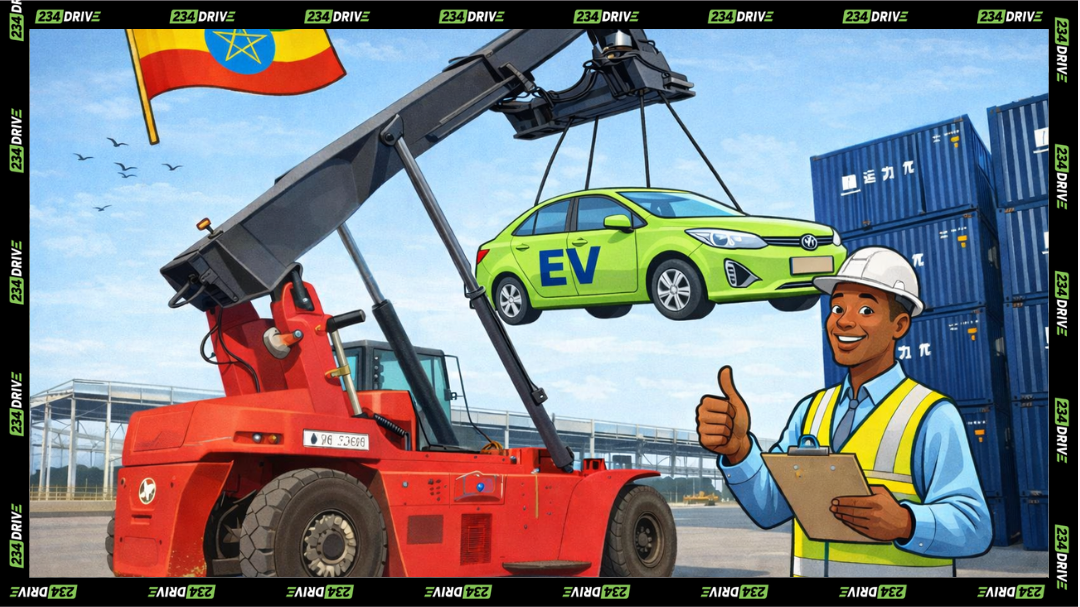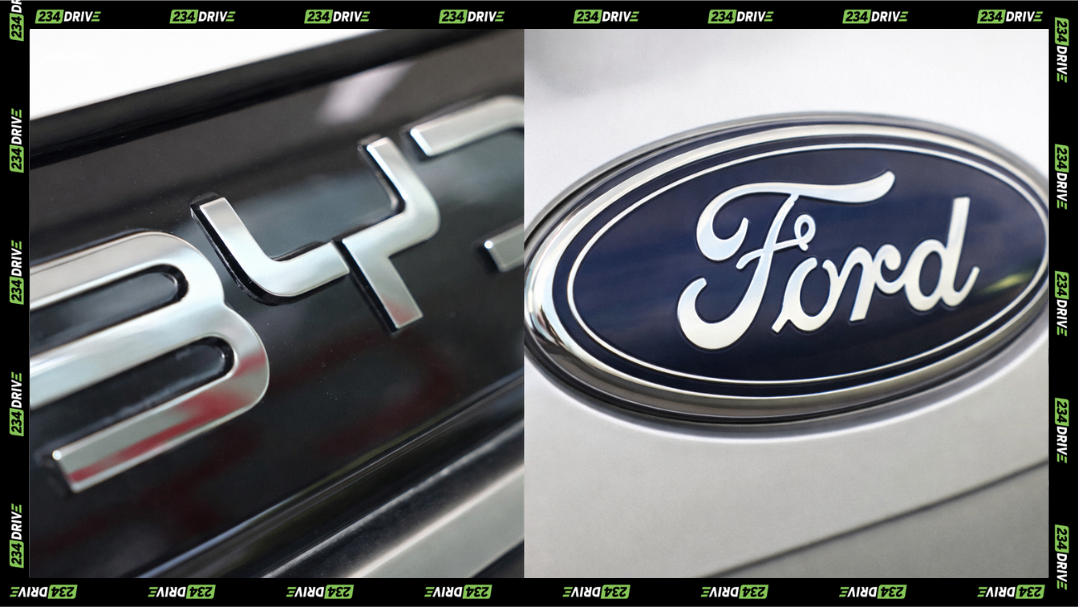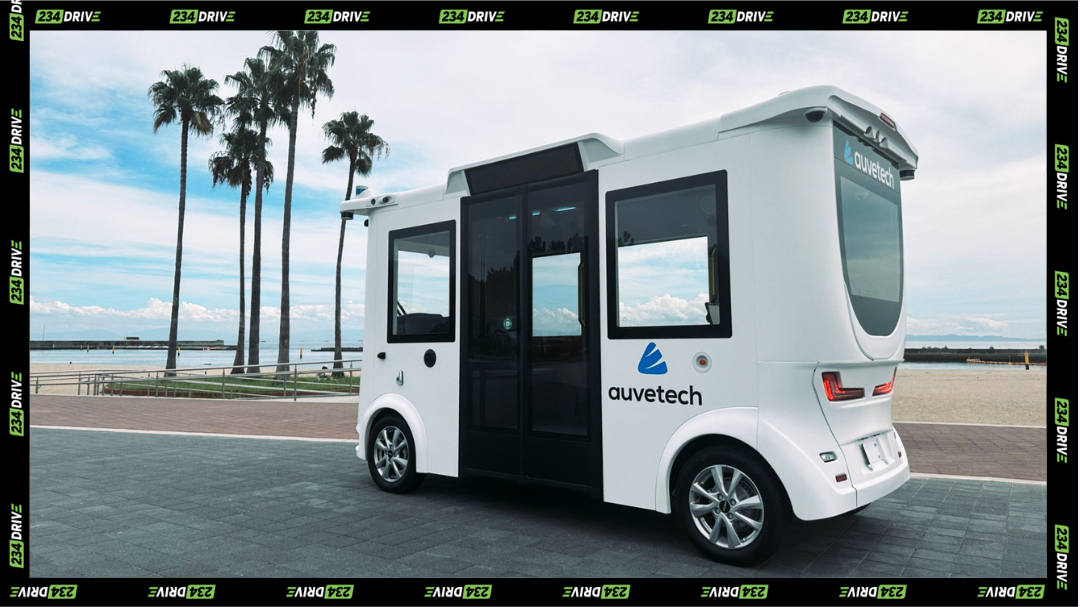The United Kingdom is closing the gap between ambition and reality in electric mobility. In 2024, it surpassed Germany for the first time, registering 382,000 new electric vehicles, a 21.4% rise from the previous year. Germany, once dominant, saw registrations decline to 380,000 after cutting its generous subsidies. This has shuffled the top of Europe’s EV landscape and positions the UK as the continent’s most dynamic market.

The nation’s charging infrastructure is expanding quickly. More than 20,000 charging points were added last year, lifting the total to 73,699. Ultra-rapid chargers, those above 150kW, saw particularly strong growth, while new installations at restaurants, hotels, and public spaces have made EV ownership easier.
Most new registrations now come from company fleets, taking advantage of still-low benefit-in-kind tax rates.
Policy remains a driving force. The UK government’s zero-emission vehicle mandate requires carmakers to increase electric sales each year, with 28% of new cars expected to be zero-emission by 2025. Those falling short could face fines of £15,000 per vehicle.

While the EU and U.S. have imposed tariffs on Chinese EVs, the UK has not, making it a key target for manufacturers such as BYD, NIO, and Xpeng, which are actively expanding their British networks.
EVs accounted for 19.6% of UK car sales in 2024, slightly below the target but still a strong performance given market shifts. Analysts expect BYD may overtake Tesla as the UK’s best-selling electric brand by 2026, with affordability giving it an edge in a competitive market.
Across Africa, the transition is more gradual but becoming more visible. The continent has over 10,000 active EVs as of mid-2025, driven by growth in Morocco, South Africa, Nigeria, and Egypt. Each market is working to find its own rhythm.
In Morocco, EV imports and production are expanding under a clear government strategy to phase out gasoline cars by 2035, a move supported by tax breaks and reduced EV import duties. Additionally, a $6.4 billion battery factory now under construction will anchor the country’s ambitions.
South Africa recorded 15,611 new-energy and hybrid vehicle sales in 2024, with brands like BYD and Hyundai scaling up quickly. Nigeria counts between 15,000 and 20,000 EVs, but recent policy shifts toward compressed natural gas have slowed broader adoption support.
The difference in adoption rate is quite clear. The UK’s rise reflects strong regulation, fleet incentives, and rapid infrastructure rollout. Meanwhile, Africa’s story is a tentative approach—local assembly, cost-focused innovation, and renewable-energy integration.
Yet the ambition is growing. South Africa aims to have 2.9 million electric vehicles on its roads by 2050 and raise its EV share to about 40%. It’s an ambitious goal that mirrors the global push for cleaner mobility, but with such contrasting starting points, do you think this target is truly within reach?









